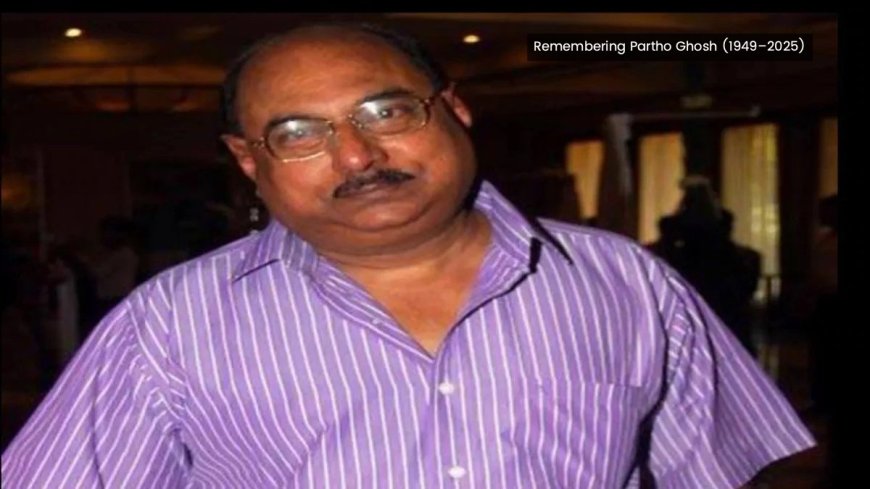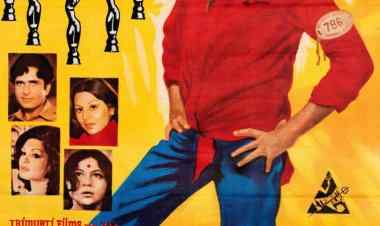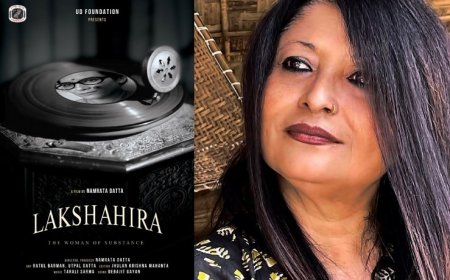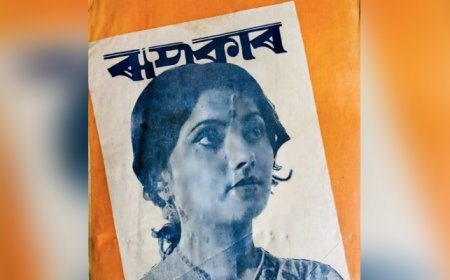Remembering Partho Ghosh (1949–2025)
Dipankar Sarkar pays tribute to Partho Ghosh, the filmmaker behind 100 Days and Agni Sakshi, reflecting on his legacy in Hindi suspense cinema.

Filmmaker Partho Ghosh passed away on June 9th, 2025, a day after celebrating his 76th birthday. He was known for having a remarkable legacy which included films that had captured the attention of the public and had video cassettes flying out of rental shops. He was best known for the type of intelligent thrillers and screenplays that he crafted. In many ways, Ghosh was one of the rare filmmakers from the 1990s who amalgamated Bollywood's bouquet of emotions with a wickedly suspenseful sense of storytelling.
Ghosh's journey to success began in the mid 1980s with low-budget Hindi films as he came up the hard way. His first major film was in 1991 with 100 Days, which was a remake of the Tamil film Nooravathu Naal. 100 Days was not just another suspense thriller; it was a cultural moment. Ghosh created a stylish whodunit film by casting Madhuri Dixit as a psychic woman who is always shrouded in suspense and Jackie Shroff as her debonair industrialist husband. Throughout the film, Ghosh had spectators guessing until the very end.
Even after all these years, people still cherish 100 Days as a forerunner of Hindi thrillers - a storyline that came out long before Ram Gopal Varma's Kaun (1999) and Bhoot (2003). Teesra Kaun (1994) was a remake of No. 20 Madras Mail and possibly one of the finest thrillers made in Hindi cinema. And Agni Sakshi (1996) starring Nana Patekar in an unsettling character, earned Ghosh a nomination for Best Director by Filmfare, and showed that his cinema wasn't just a popular cinema, but a cinema that was a force.
Ghosh wasn't only in the business of thriller cinema. His filmography includes pure melodramas like Geet (1990), social dramas like Jeevan Yudh (1997), and productions for Bengali films and serials that returned to storytelling in its appropriate context. Later, Ghosh experimented with sequels and spiritual successors to his hits, and then produced modest productions that endeavoured to accommodate the emergence of digital.
What distinguished Partho Ghosh was not only his chosen genre but also the emotional storytelling within a suspense narrative. Watching 100 Days today is like unearthing a time capsule of the gold cassette years. His thrillers still function all these years later, not simply because they were made with intelligence, but also because they respected the audience's intelligence.
At a moment when thrillers fit relatively distinctive categories—either hyper-stylised or formulaic- Ghosh's work serves as a reminder of a middle ground, where genuine storytelling could still exist, where music matters, and where a well-framed shot can transform upon cruel reality.
As we bid farewell to Ghosh, we also remember a time when Hindi cinema embraced mood, mystery, and melancholy (in parallel). His movies might not be the talk of the trending charts now. Still, for us growing up in the time watching them—audiovisually, on television re-runs, grainy VHS glory, or re-discovered during time-loop nostalgia-binge sessions during the pandemic—or previously, the films remain irreplaceable.
Farewell, Partho Ghosh. Your stories will live on, beyond the reels.
*****
What's Your Reaction?

































































